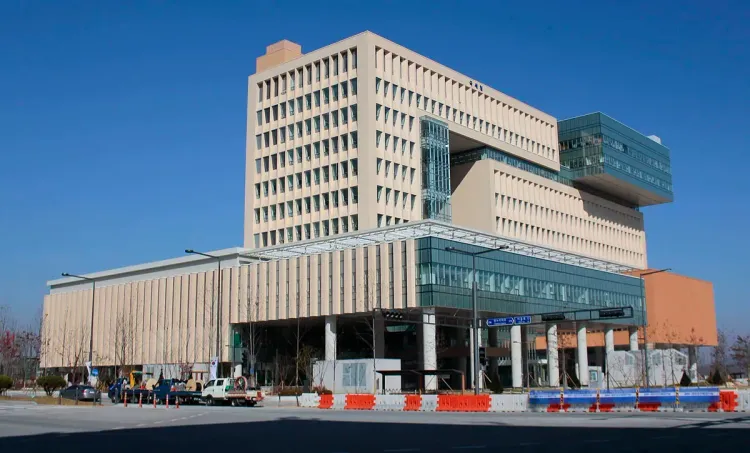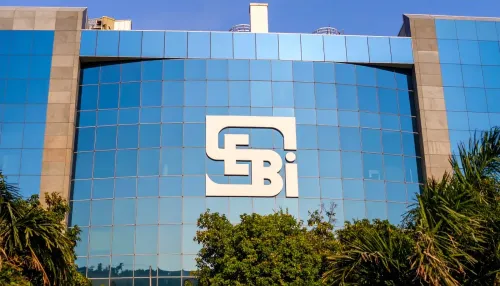Has South Korea Seen a Record 1 Million Shop Closures in 2024?

Synopsis
Key Takeaways
- Over 1 million shop closures in South Korea in 2024.
- Retail and eatery sectors account for nearly half.
- Business closure rate reached 9.04 percent.
- Declining sales were the primary reason for shutdowns.
- High interest rates and inflation are impacting consumer spending.
Seoul, July 6 (NationPress) For the first time ever, the number of business owners who closed their shops has dramatically exceeded the 1 million threshold last year, with the retail and food service industries making up nearly half of this figure, according to data released on Sunday.
The statistics gathered by the National Tax Service revealed that 1,008,282 individual and corporate entities submitted closure filings in 2024, marking an increase of 21,795 compared to the previous year.
This milestone signifies the first occasion that business closures have surpassed 1 million since official records began in 1995, as reported by the Yonhap news agency.
According to the tax agency, business closures have been escalating since 2023, with the surge partly linked to an “accumulated slump” stemming from the COVID-19 pandemic and rising delinquency rates due to elevated interest rates.
The closure rate of businesses has also experienced an uptick since 2023, reaching 9.04 percent last year, a slight rise from 9.02 percent in the prior year, the agency noted.
The predominant reason cited for these business shut-downs was declining sales, which accounted for nearly half of all closures.
The retail sector has been particularly affected, comprising 29.7 percent of all closures, followed by the restaurant sector at 15.2 percent, real estate at 11.1 percent, and wholesale companies and commodity brokerages at 7.1 percent.
The closure rate for retail businesses was 16.78 percent, while restaurant businesses reported 15.82 percent and personal services 14.11 percent.
“Persistently high interest rates and inflation have diminished real income, resulting in a drop in retail sales and dining expenditures,” stated Kim Kwang-seok, the head of economic research at the Institute for Korean Economy and Industry.
In related news, South Korean stocks closed significantly lower on Friday as investors paused after recent gains, while keeping an eye on tariff negotiations with the United States. The local currency depreciated against the U.S. dollar. The benchmark Korea Composite Stock Price Index (KOSPI) dropped 61.99 points, or 1.99 percent, concluding at 3,054.28.









